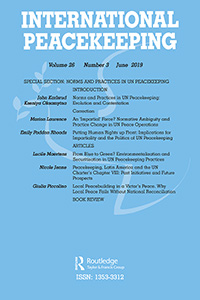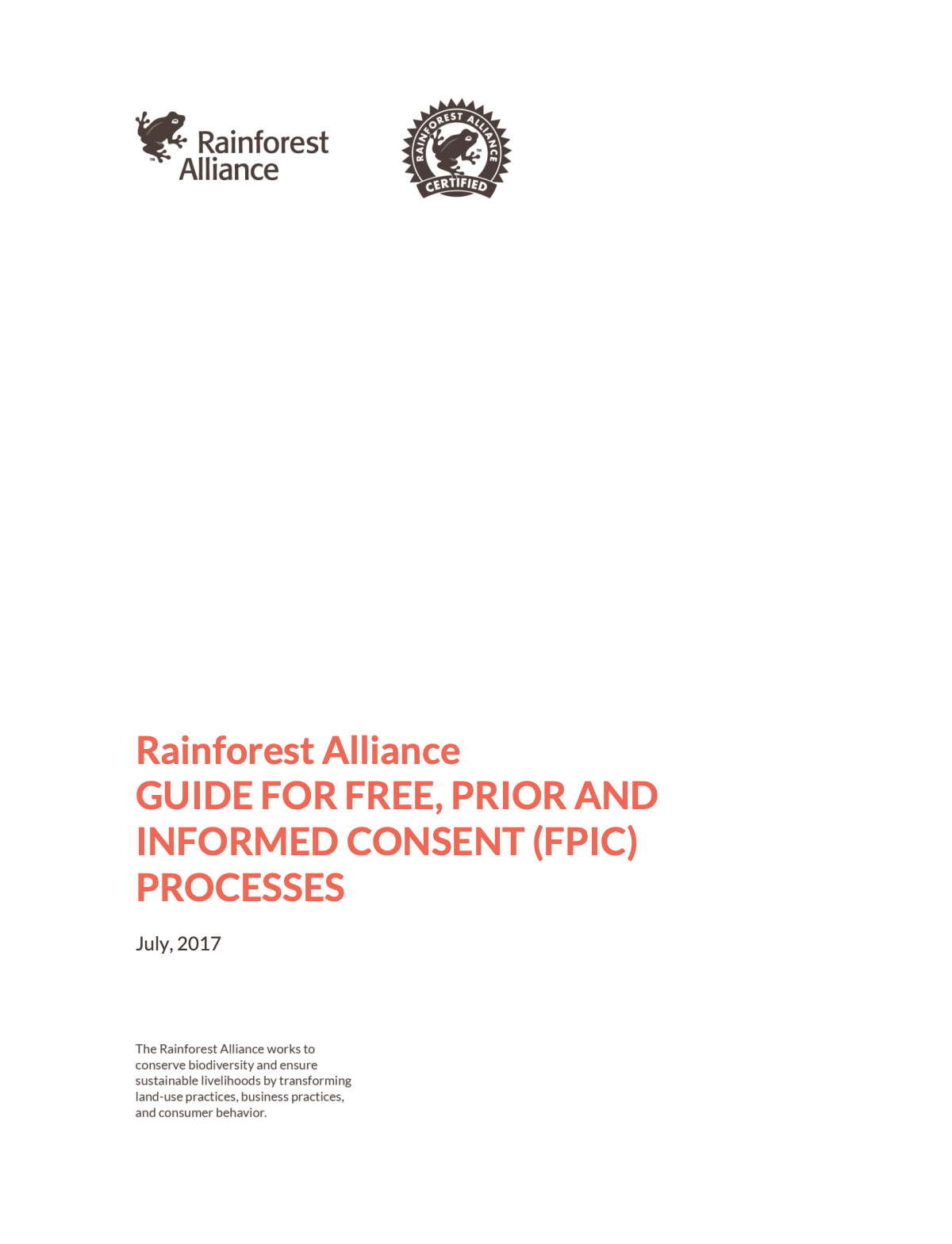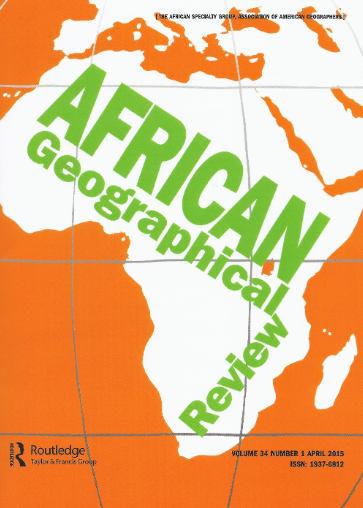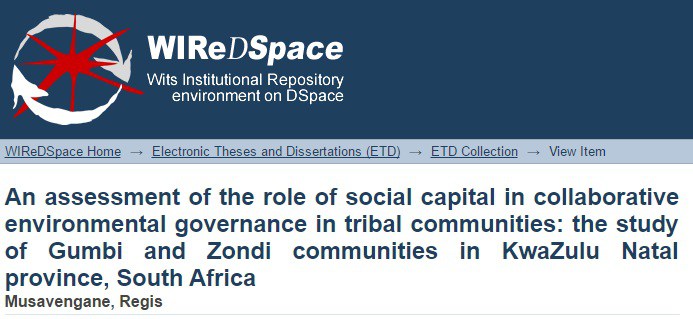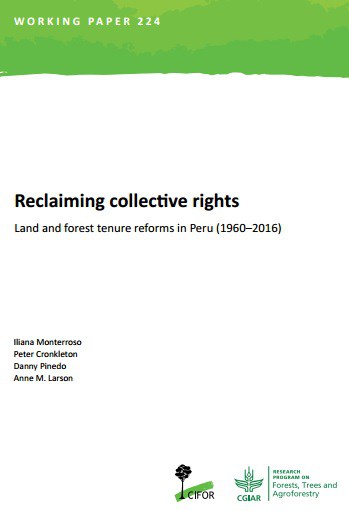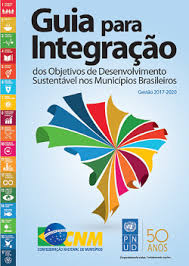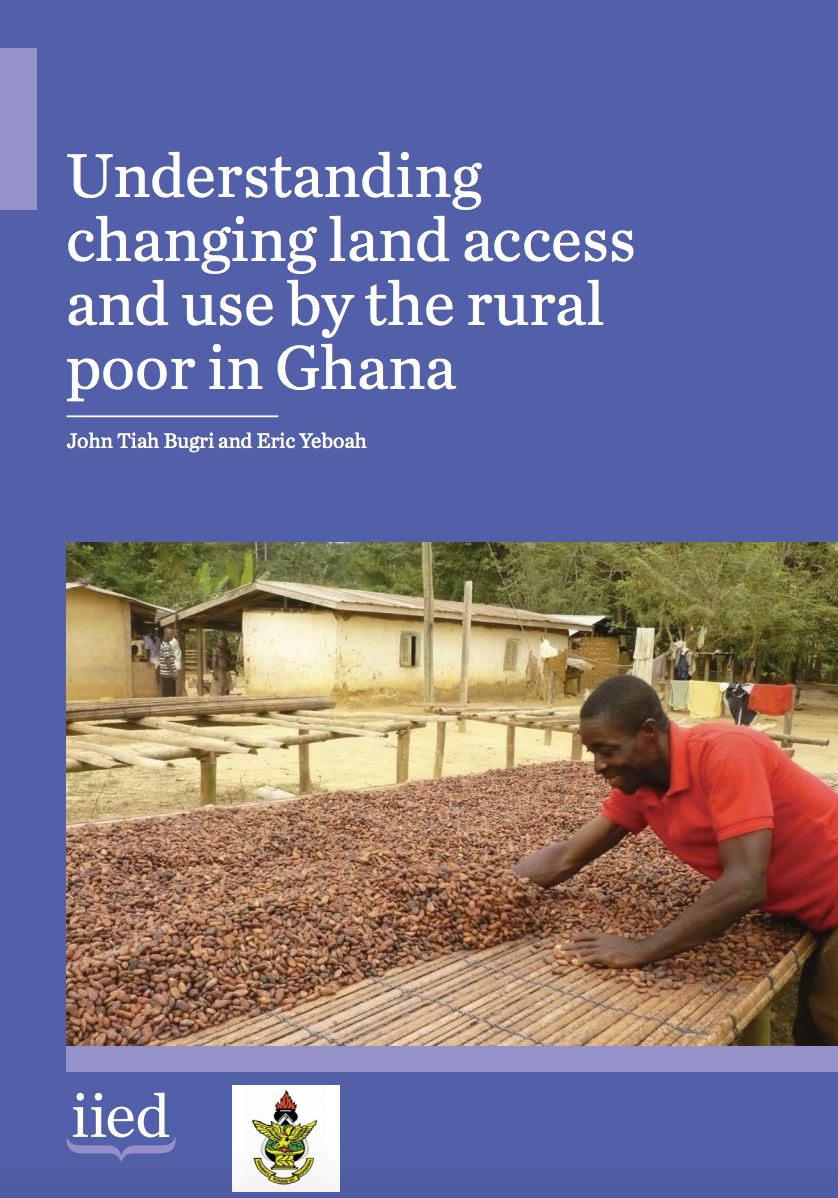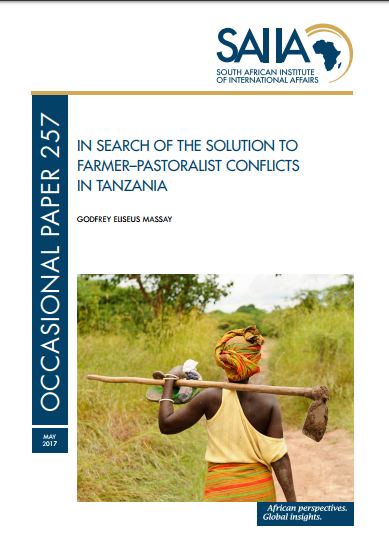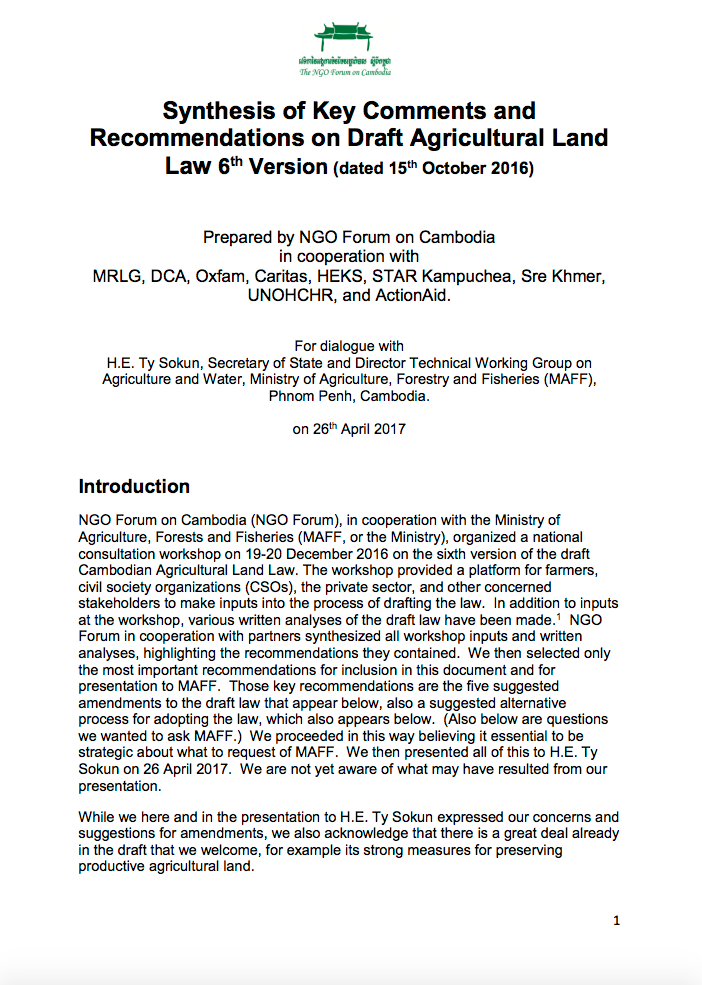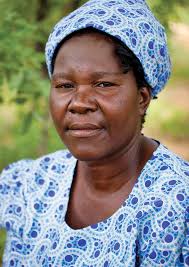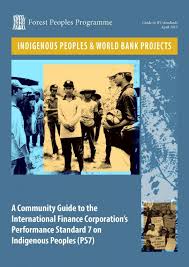With Soymilk to the Khmer Rouge: Challenges of Researching Ex-combatants in Post-war Contexts
This contribution suggests how to identify and deal with ex-combatants in (un)peaceful post-war environments from a methodological perspective. While it is obvious that large-N studies or standardized interviews fall too short to depict post-war dynamics and related conflict risks, ethnographic methods face numerous challenges, too. First, the identification of and access to former combatants may prove to be difficult. Often being stigmatized or perceived as outlaws they may not wish to get in touch with ‘outsiders’, like academics.

